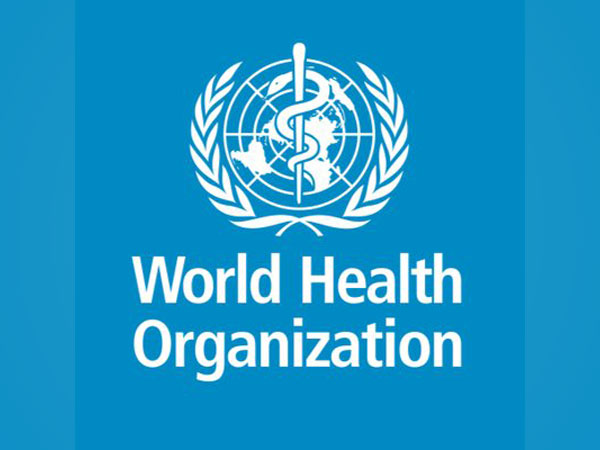Sudan crisis impeded WHO's ability to deliver medical supplies to Blue Nile and Nuba Mountains
In response to these critical needs, the World Health Organization offices in South Sudan and Sudan collaborated to provide emergency medical supplies to those affected.

The ongoing crisis in Sudan has significantly impeded the ability of the WHO office in Sudan to access and deliver essential emergency medical supplies to the regions of the Blue Nile and Nuba Mountains.
Due to the limited access and operational capacity in Sudan, the WHO Country Office in Sudan collaborated with WHO South Sudan office to facilitate the delivery of humanitarian commodities from South Sudan and provide the necessary support.
In response to these critical needs, the World Health Organization offices in South Sudan and Sudan collaborated to provide emergency medical supplies to those affected. By leveraging the WHO South Sudan office's logistical prowess, expertise, and available resources, WHO South Sudan prepositioned the requisite quantities of emergency health kits from existing stockpiles in areas adjacent to the Sudan-South Sudan border, ensuring timely and effective assistance to those in dire need. This joint effort was a testament to the commitment of both offices to cross-border collaboration in addressing critical health issues.
These kits included Inter-Agency Emergency Health Kits, Cholera Investigation and treatment kits, kits for the management of measles, non-communicable diseases, medical complications associated with severe acute malnutrition in children under five, and trauma management and emergency surgery kits. These kits are expected to serve approximately 830 000 people in the conflict-affected Blue Nile and Nuba Mountains areas for the next three months.
The shipment, worth USD 671 414, is the second that the WHO South Sudan has been able to deliver to Sudan since the outbreak of the conflict in April 2023. The dispatch of the supplies is part of WHO's continuous relief efforts in support of the Sudanese people in the current situation.
“As logistics plays a critical role in emergency response, we must have a strong logistical capacity to ensure swift delivery of supplies to the affected areas. This includes having robust transportation networks, stockpiles, and an efficient distribution system in place”, said Dr Humphrey Karamagi, WHO Representative for South Sudan. WHO has been working closely with the government to obtain the necessary clearances to ensure smooth delivery of the supplies
Our commitment and willingness to work together with all relevant parties involved in the emergency response is a key factor in effectively addressing the challenges to ensuring the Blue Nile and Nuba Mountains areas with much-needed emergency medical supplies, said Dr Karamagi.
Following the outbreak of armed conflict in Sudan, tens of thousands of people fleeing fighting crossed into South Sudan. The WHO supported South Sudan’s Ministry of Health in scaling up its operational readiness and response by deploying multidisciplinary teams of emergency responders to states experiencing a high population influx to ensure the provision of much-needed healthcare services.
(With Inputs from APO)










